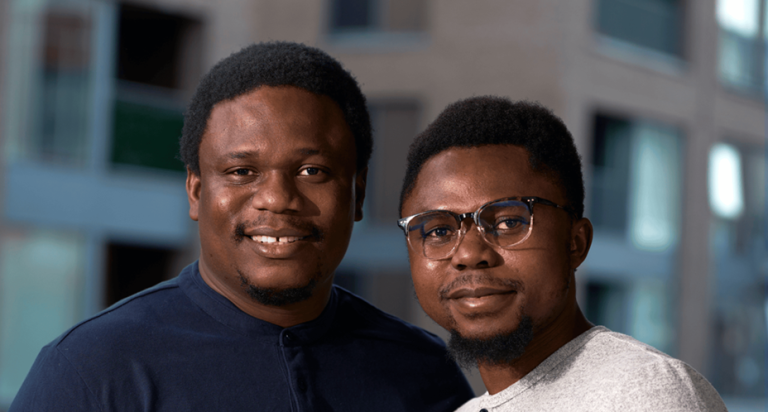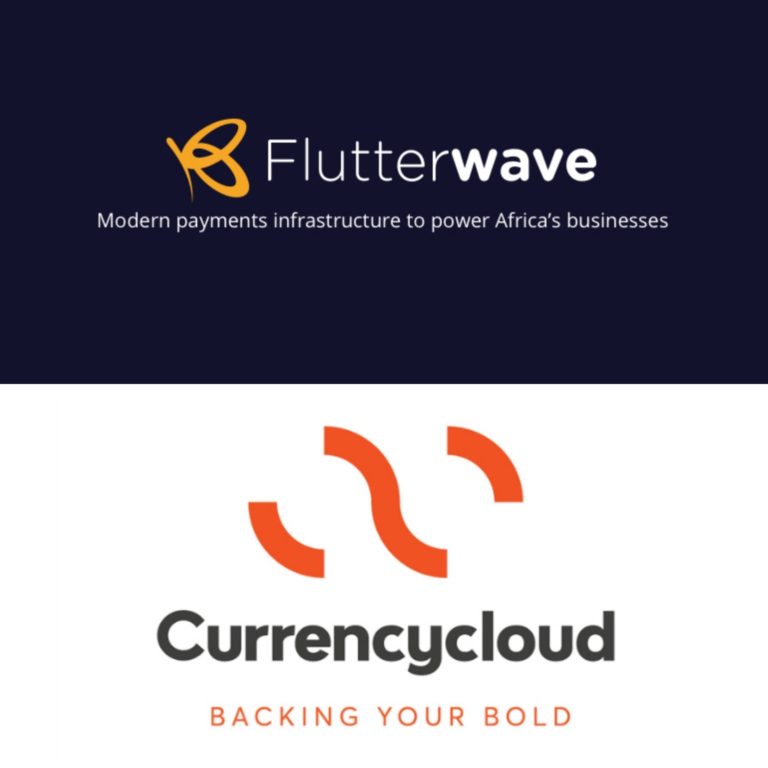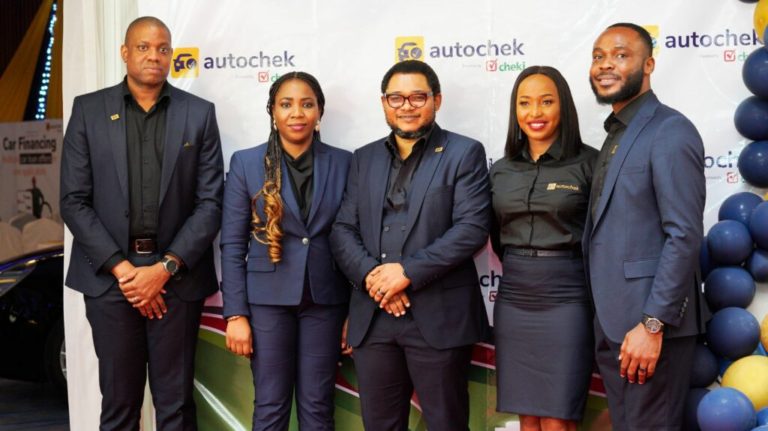Venture capital plays a “catalytic role” in innovation, but can investors get involved?

Venture capital plays a “catalytic role” in innovation and fills a critical gap in the global financial and business landscape, but VCs must strike the right balance between assisting their portfolio companies and simply interfering once an investment has been made.
According to VCs at Quona Capital, a venture firm focused on fintech in emerging markets including Africa, who spoke to Disrupt Podcast for its four-part mini-series “The Essential Guide to African VC.”
Quona, along with 10X Entrepreneur, Catalyst Fund, and Knife Capital, is a partner for the focused series, which delves into venture capital, examining its business model, how startups and VCs can collaborate to build Africa’s tech ecosystem, and what issues still need to be addressed.
Johan Bosini, a venture partner at Quona Capital, believes that venture capital plays a “catalytic role” in global innovation and growth.
“If you look at many of the technology companies that you and I engage with today, the majority have been venture backed,” he said, citing as key global examples US-based companies that are “challenging convention” in their category, such as Uber, Airbnb, Slack, and SpaceX. But why is there VC in the first place?
“If you look at capital market rules, someone with an idea or a new technology often has no institution to turn to other than family and friends, otherwise venture capital,” said Bosini.
“Generally, financial regulation limits the amount of interest you can charge on loans, and the risk inherent in any startup or new founding team usually does not justify those capped interest rates, implying that the price has to be higher to justify taking that risk.” So bankers will only finance a new business if it has hard assets, and very often these early-stage businesses lack those hard assets, which is where venture comes in.”
Given the size of the risk, venture firms expect high returns, in the “high 20s,” according to Bosini, and given startup failure rates and LP demands, this is a high-pressure business.
“You’re looking at a bunch of LPs who are normally expecting a minimum hurdle return and then getting some outsized returns on top of that.” And the ecosystem has become extremely competitive,” he said, citing statistics indicating that the majority of VC firms do not make any money.
“The combination of high LP expectations and a highly competitive ecosystem means that finding the best deals is critical, and you must move quickly to secure those deals.” So, I believe that a lot of the pressure comes from the ecosystem rather than the LPs,” said Bosini. “A large part of your job is very reactive.”
So, is it an art or a science to back the best startups, and how much of a role does luck play?
“It’s both an art and a science.” It all comes down to finding great teams that can tell a story that attracts a combination of great staff, great investors, and great customers in a market sector that can offer outsized returns for us and, of course, the founding team. Is there a role for chance? Absolutely. Some businesses have thrived in COVID, while others have struggled, and no one could have predicted an event like this, so there is an element of luck to some businesses, as well as some venture deals where you happen to be in the right place at the right time,” said Bosini.
What about after you’ve made an investment? Monica Brand Engel is a Quona co-founder and Managing Partner. She believes that companies like hers can play an important role in assisting startups to grow into companies that can generate the expected returns.
“The most important thing is to be present. “Being there when a difficult problem arises, being there when capital is required, and being there with an introduction,” Engel explained.
Can VCs, rather than being helpful, be too interfering at times? Engel employs the “mum” analogy.
“Any venture capitalist who says they haven’t crossed a line would be lying.” And they go above and beyond because they care. “They want to assist,” she explained. “However, any true mentor or parent understands the potential for learning by making your own mistakes and taking risks.”
However, it is important to remember that VCs have institutional memory that founders do not, which can be useful at times.
“You like to make new mistakes, not the same mistakes,” Engel explained. “We do sometimes lobby harder when we see someone about to hit a wall and think there might be something we can do to avoid that pain.”
Even if a founder chooses to go their own way and makes mistakes, she believes that VCs must respond appropriately.
“There’s no “I told you so,” no “shoulds,” because we’re all learning together.”







